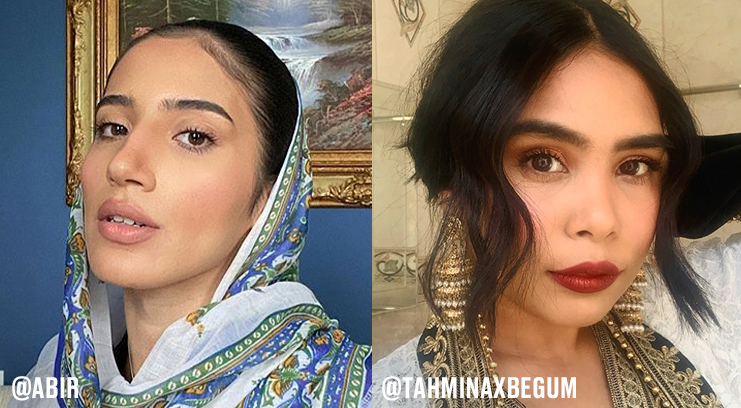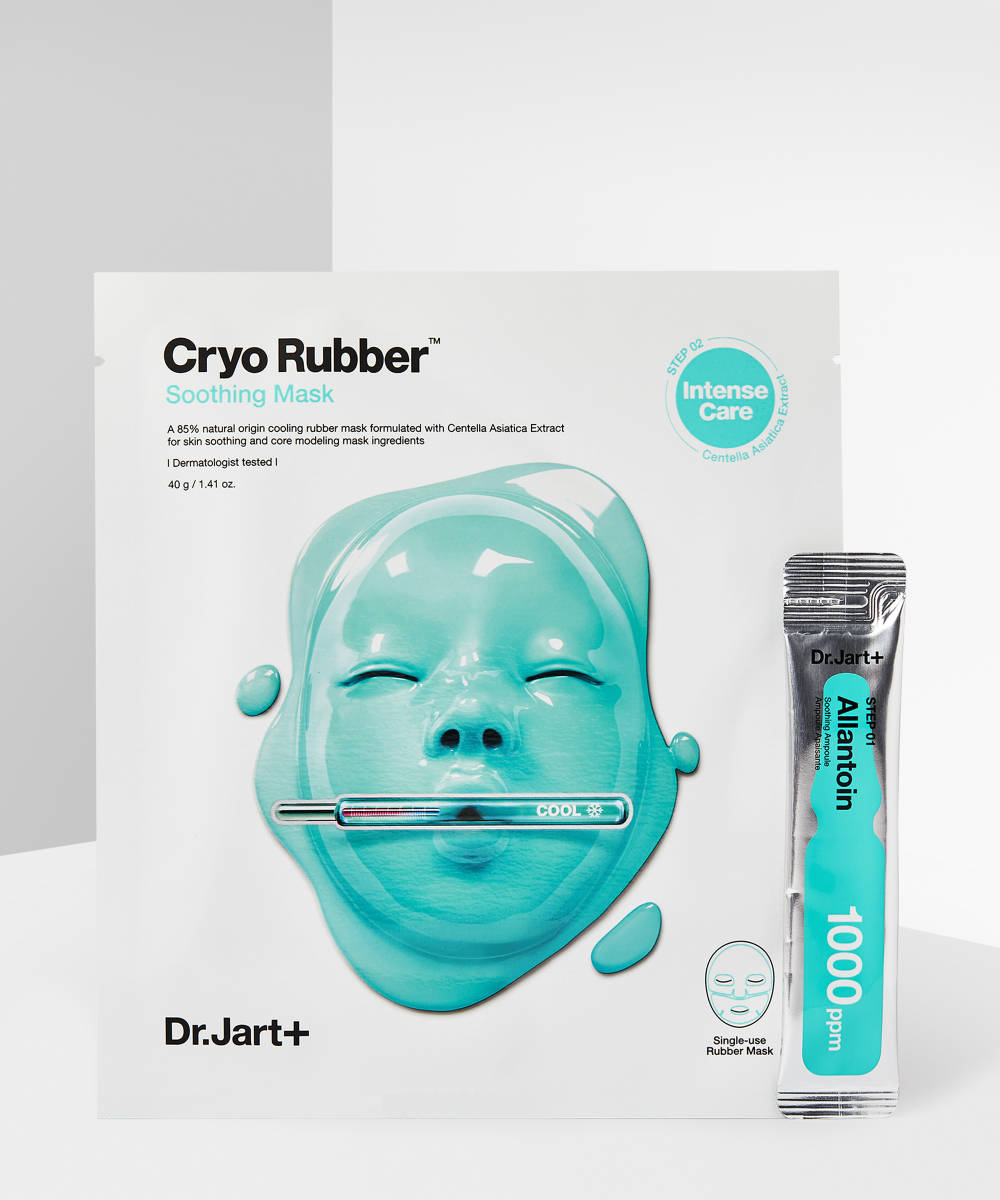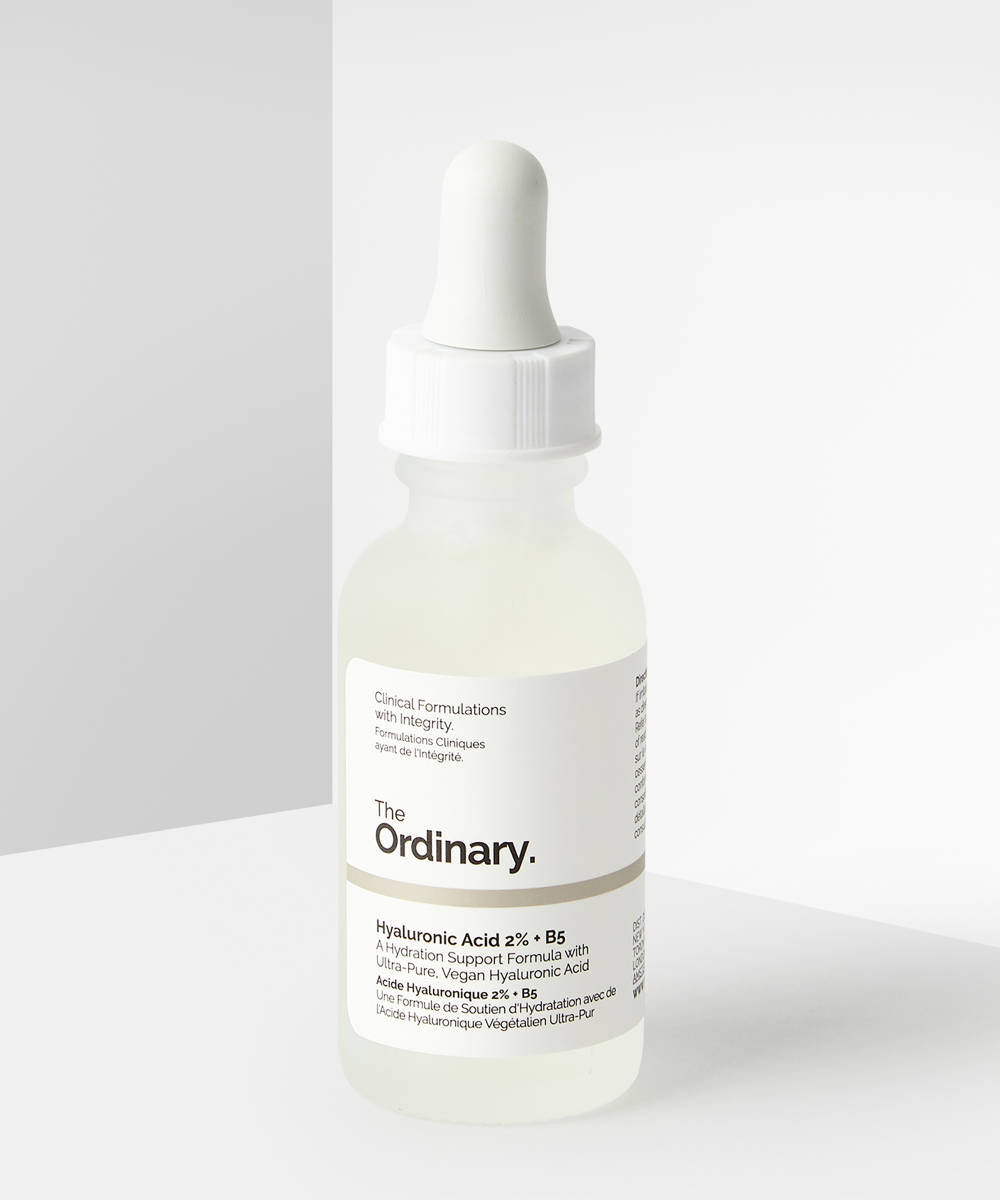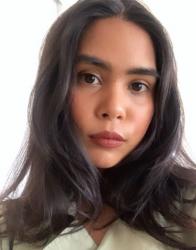When it comes to Ramadan, there’s this myth that the holy month observed by nearly two billion Muslims, is just about abstaining from food. Memes along the lines of ‘no water??” and ‘I like food too much to fast’, perpetuate the idea that Muslims simply starve themselves for 30 days.
In fact, though Ramadan is a test of willpower, it’s also a month where you are fasting away from many things. A fast of the tongue, so the words you say to others and yourself are kind. A fast of the mind, so the content you absorb is good enough to take up your space and time. Yet as many of us as in lockdown, a dystopian difference away from previous Ramadans filled with family and community, this Ramadan has made the act of self-care an essential. So we spoke to Muslim women about how they’re looking after themselves, both internally and externally.
For 24-year-old makeup artist based in London, Maha Alselami, it’s through observing the traditional dry fast, that has been the ultimate act of discipline and self-care. “I’m being mindful of not overeating at Iftar and sticking to water at Faj.
“Truly fasting my body from food, in general, is what I feel will allow me to experience the full benefits this month has to offer, spiritually and physically. I’ve found this technique has made it the easiest, most enjoyable Ramadan for me yet.”
But a Ramadan during a global pandemic is anything but easy, with social distancing feeling alien in a period when you would literally break bread together. For the 25-year-old independent creative consultant, brand strategist, model and futurist based in New York, Anaa Saber, “Ramadan falling during unprecedented times this year has caused me to think completely differently both internally and externally.
“Internally, I have been looking towards spirituality to help ease any pain and hardships during this time and turning to prayer to soothe the soul.”
Turning inwards is a familiar activity to partake in during Ramadan, the ancient form of self-care. For Dubai based 34-year-old founder of Shade M, a halal, clean, vegan and cruelty-free beauty brand, Jolie Nubani, it’s about basking in the basics she learned as a child. “One thing that has stuck with me about Ramadan is the feeling of appreciation for everyone’s wellbeing”.
As Nubani is living in isolation due to Covid-19, she says, “I believe this year of all years is especially the time to find your inner peace. I’m doing that exercising and meditating, connecting with loved ones via FaceTime, giving back financially and with my time as well as reading and learning more.”
As the foundation of Ramadan lies in resetting one’s intentions for the year, a break from the constant buzz of many of our multi-faceted lives, a key part of self-care is also learning more about who you are and where you come from. For singer Abir, spending time with her family and her Moroccan roots, “has bought me more peace than anything else.”
“My mom’s cooking, my dad’s prayers, waking each other up so we don’t miss suhoor, playing Umm Kulthum throughout the day — it’s all keeping my spirits high. There is power in connectivity and being surrounded by others who are observing.”
But self-care during Ramadan also means looking after the external — and this varies for everyone. Abir says she’s “super into skincare (because I finally have no excuse)”
For Nubani, “I try to drink as much water as possible. I’m especially a fan of anything with hyaluronic acid as it definitely helps with elasticity and tightnes – so The Ordinary’s Hyaluronic serum.
“Seeing as I’m at home, I also do a DIY face mask or a Dr. Jart + mask 2-3 times a week. For my conference video calls, it also generally makes me happy to have some makeup on. So a liquid shimmer to illuminate my face and of course, a lipstick from Shade M.” On the other end of the spectrum, for Saber, “it’s about letting my skin breathe, letting it take its natural form.”
“Normally, during Ramadan, I tend to always have nail polish on, so for a change, it’s really blissful to let my nails grow and let them exist in their natural state and be able to pray without any fear of it not counting.
“I have been using a lot of oils, I use cuticle oil to hydrate my nail beds (shout out to my nail tech for putting me on), I’ve been lathering my scalp in almond oil and I’ve been using castor oil on my eyebrows and lashes for growth. Oils are a natural and accessible way to moisturize, hydrate and promote hair growth.”
It’s clear from talking to Muslim women around the world that the experience of Ramadan and navigating self-care within Ramadan looks different for everyone. It makes sense for the ancient form of self-care to be a personalised practise, especially when the world is currently learning more about itself.



